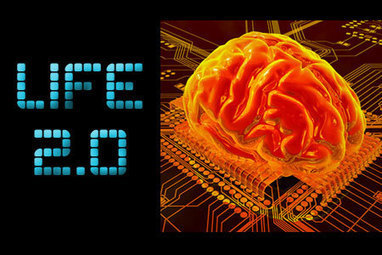The technological singularity requires the creation of an artificial superintelligence (ASI). But does that ASI need to be modelled on the human brain, or is it even necessary to be able to fully replicate the human brain and consciousness digitally in order to design an ASI ?
Via BeerBergman



 Your new post is loading...
Your new post is loading...



![[BARCELONA] A world without limits | Machines Pensantes | Scoop.it](https://img.scoop.it/8Tynm5gbFhbU2GmLEVgNfjl72eJkfbmt4t8yenImKBVvK0kTmF0xjctABnaLJIm9)






